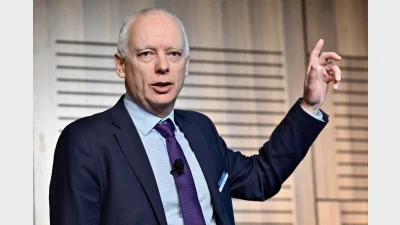ASIC tightens related party rules


The Australian Securities and Investments Commission (ASIC) has tightened the rules regarding related party transactions, issuing new guidance directly aimed at company directors.
The new guidelines more clearly define the voting restrictions applying to directors involved in a related party transaction, and the exceptions and relief that the regulator may determine is appropriate.
Commenting on the new regulatory guide, ASIC deputy chair Belinda Gibson (pictured) said the regulator believed directors had to pay close attention to the quality of information members received about the commercial involvement of directors and other related parties in a company.
“By definition, many related party transactions involve a conflict of interest,” she said. “Related parties are often in a position to influence the decision on a proposal, the terms under which it might proceed, and the sharing of economic benefits between stakeholders.”
Gibson said investors who were making decisions about whether to acquire a security, or a managed investment product, were entitled to be fully informed about all ongoing related party arrangements with the entity.
She said investors should have information about related party dealings even circumstances where they were regarded as insignificant on their own.
“What may be material to members is the fact of the dealing with a related party, or the combined value of related party dealings,’ Gibson said.
Recommended for you
The FAAA’s Phil Anderson believes the problem with Dixon Advisory is “much bigger than an advice issue” and the levy to pay for it should be expanded beyond the financial advice sector.
ASIC commissioner Alan Kirkland says the problems regarding advisers recommending clients to invest in the troubled Shield Master Fund are far from being an “isolated incident”.
Advice professionals are being encouraged to proactively engage with their staff on mental wellbeing, with a new report finding a surge in employee exhaustion and stress over the past year.
FAAA chair David Sharpe says its members are ready to control their own professional standards via co-regulation as the organisation shares its five-year roadmap.














